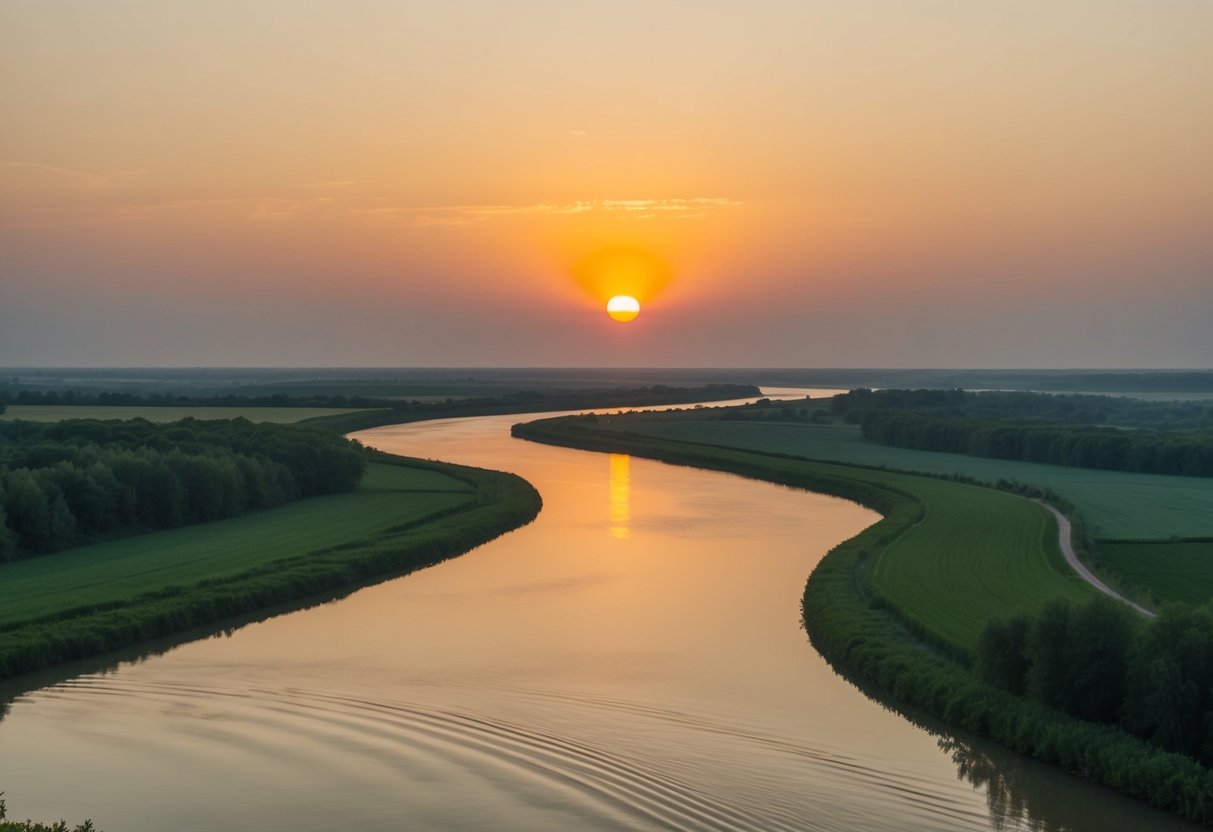
Conservational Significance
Conservation efforts in the Danube Delta are crucial for maintaining its rich biodiversity. The region is recognized as a UNESCO World Heritage Site, emphasizing its global ecological importance. Such recognition aids in pooling international efforts to protect these critical ecosystems.
Protecting the Delta ensures the survival of many species, which in turn maintains the ecological balance and health of the region. Conservation strategies include monitoring bird populations, preserving natural habitats, and promoting sustainable tourism practices. Through these efforts, the Danube Delta continues to be a thriving biodiversity hotspot, both preserving and showcasing nature’s wonders.
Wildlife Habitats and Conservation Areas
The Danube Delta is a haven for wildlife, featuring unique habitats like the mystical Letea and Caraorman Forests. It is home to rich biodiversity, including significant bird populations such as the pelicans in this UNESCO World Heritage Site.
Letea and Caraorman Forests
Letea and Caraorman Forests stand as two remarkable areas within the Danube Delta. These forests are recognized for their distinctive sand dune formations and ancient oak trees, creating a unique ecosystem. They are among the oldest nature reserves in Romania, offering sanctuary to various species.
The forests provide habitat for the white-tailed eagle, a top predator and indicator of ecological health. These areas are vital for conserving not only eagles but also numerous amphibians, reptiles, and mammals. Conservation efforts focus on preserving their natural landscapes and preventing deforestation. Rangers and organizations actively monitor wildlife and enforce regulations to maintain the ecological balance in these extraordinary environments.
Pelican Habitats
The Danube Delta supports extensive populations of pelicans, particularly the Dalmatian pelican, which is a conservation priority. This area includes expansive reed beds that serve as essential breeding grounds for these birds. The delta provides the perfect conditions for nesting, with its abundant fish stock catering to the pelicans’ dietary needs.
Conservation actions aim to protect the delicate reed bed ecosystems and prevent human disturbance during breeding seasons. Efforts include promoting eco-tourism, which raises awareness and provides funds for protection measures. Preserving these habitats ensures the survival of the Dalmatian pelican and other bird species thriving in the delta’s unique environment. These pelican habitats highlight the delta’s significant role in biodiversity conservation.